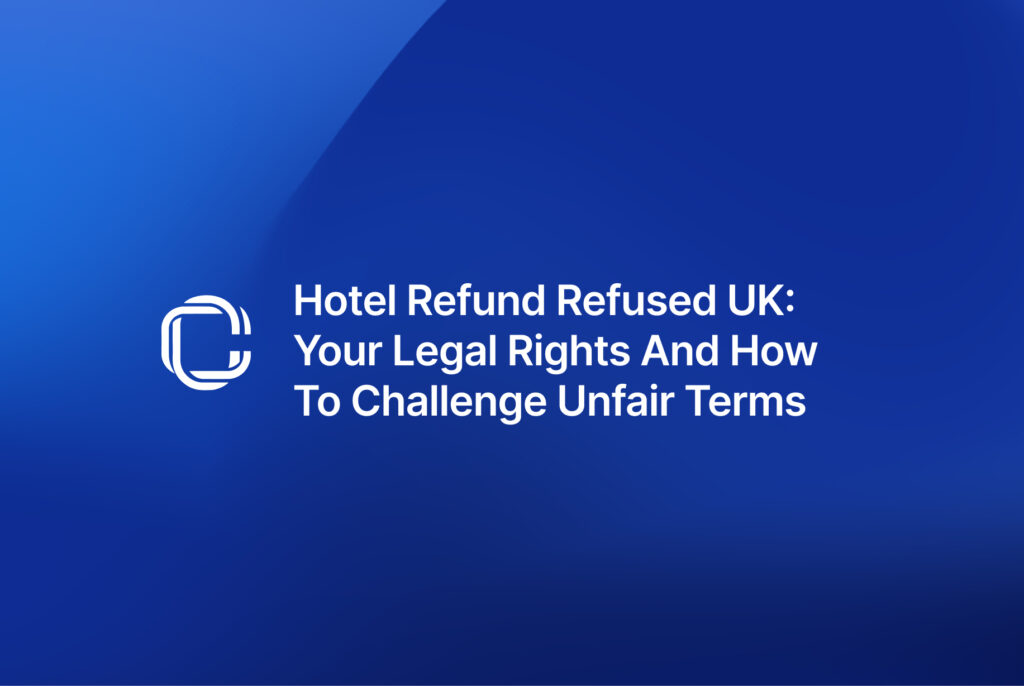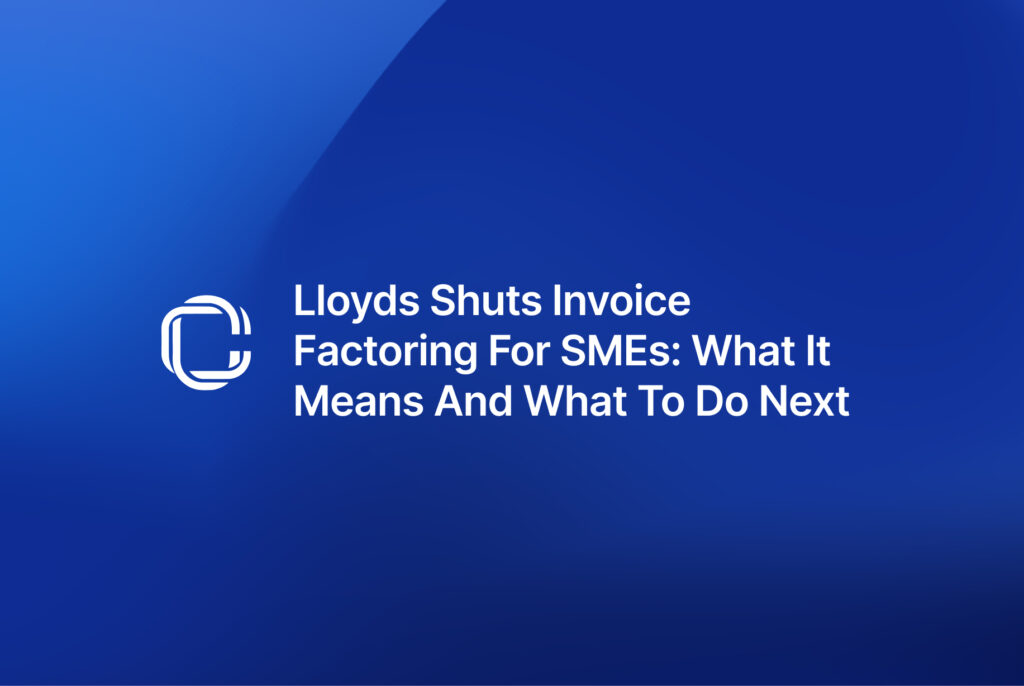Learn the minimum credit score for a UK mortgage in 2025, how lenders assess you, and proven steps to improve your score before applying.
Buying your first home is a milestone, but before a lender will offer you a mortgage, they need reassurance that you can borrow responsibly. In the UK, there’s no magic number that guarantees approval; every bank or building society has its own formula. What they all have in common is a reliance on your credit history and your current financial situation. Mortgage finance is a form of credit, so lenders use credit‐scoring to gauge whether you’re a low‑risk borrower.
Your credit score is a measure of how you’ve managed borrowing in the past. It’s built from factors such as your payment history, the amount of credit you use, and whether there are any County Court Judgments (CCJs) or insolvencies on your record. Credit-reference agencies (CRAs) calculate a score using this data. When you apply for a mortgage, lenders produce their own score based on the CRA data and the information you give them, alongside income and affordability checks. They want to know that you can repay the loan on time and that the loan will not jeopardise your finances.
Credit Scoring for a Mortgage
Just as with credit cards or overdrafts, a mortgage is a long-term commitment. Responsible lenders, therefore, use a credit scoring system to assess applications. The higher your score, the less risky you look and the more likely you are to be offered a competitive rate. Conversely, a thin credit history can count against you because the lender has little evidence of how you manage borrowing. Each lender will look at:
- Information on your credit report. This includes your credit history, public records (such as CCJs or IVAs) and credit searches by other companies.
- The details you provide on your mortgage application. Income, expenditure and employment information help lenders decide how much you can afford to repay.
- Their own lending policy. Even with the same score, two banks can reach different decisions.
Mortgage lenders also check that you meet other criteria, such as being on the electoral register, having a stable address and demonstrating a track record of regular bill payments. If you already bank with the lender and have managed your accounts well, that history can support your application. By contrast, missed payments, going over your credit limit, or frequent hard credit searches can drag your score down, indicating that you may struggle to handle a large loan.
What Is the Minimum Credit Score You Need for a Mortgage?
Тhere isn’t a single “pass mark”. UK lenders don’t share a universal cut-off, and each one weighs your application against its own criteria (income, outgoings, deposit, and your wider credit history). A stronger score generally helps, but no fixed number guarantees approval.
Because the UK’s three credit reference agencies (CRAs) use different scales, “good” varies by provider:

Note: This table shows the higher credit score bands most relevant for mortgage applications. Each agency uses additional lower bands (Very Poor, Poor, Fair) not shown here.
Important: Lenders use their own criteria beyond just credit scores, including income, affordability, and deposit size.
What matters to lenders in practice is the pattern behind the number: on-time payments, low utilisation, stable income and sensible borrowing over time. A higher score can improve your chances and the rate you’re offered, but applicants with “fair” files can still be approved, often with fewer products or higher pricing.
Lenders don’t assess the number in isolation; they weigh repayment history, affordability and stability. If your file is thin, start building well before you apply, so positive behaviour has time to register.
Can I Get a Mortgage with a Fair Credit Score?
Yes, but you may face limitations. Credit reference agencies grade scores from very poor to excellent. NatWest explains that applicants with a mid‑range “Fair” rating can still be accepted for a mortgage, yet they will have fewer choices compared with those in the “Good” or “Excellent” band. This is because lenders charge higher interest to compensate for the perceived risk. If your score falls below the “good”, you’ll likely benefit from improving your credit before applying.
Some lenders specialise in mortgages for people with credit issues, but these deals often carry higher rates and stricter terms. An independent mortgage broker can help you explore these options if you have a history of missed payments or CCJs. It’s also worth noting that a larger deposit (over 10%) can boost your chances, as it reduces the lender’s risk.
Does Taking Out a Mortgage Affect Your Credit Score?
Applying for a mortgage results in a hard search on your credit file, which becomes visible to other lenders. A few searches in a short period can temporarily lower your score. However, a single hard search followed by a successful mortgage doesn’t generally have a long-term impact. In fact, making regular mortgage payments on time can help improve your credit score over the years, because it demonstrates that you can manage a substantial debt responsibly.
To minimise the effect of hard searches, space out any other credit applications. Many lenders and comparison sites offer eligibility or “soft” checks that give you an idea of whether you might be accepted without leaving a mark on your credit file.
How Long Does It Take to Improve Your Credit Score?
Building or repairing a credit score is a gradual process. Lloyds Bank points out that defaults, CCJs, IVAs and bankruptcies remain on your credit file for up to six years; their impact reduces over time, but they can still hinder applications. Halifax similarly notes that building your credit isn’t quick and that serious credit issues can affect your score for six years. Experian explains that if you’re starting from scratch, you need an active account for at least three to six months before a score can be calculated. Even positive actions like registering on the electoral roll or opening a new account can take weeks or months to show up on your report.
While time is a factor, small, consistent steps can lead to steady improvement. It may take a few months to see movement in your score, but keeping up with payments and managing credit wisely will pay off over the long term.
How Can You Improve Your Credit Score for a Mortgage?
Improving your credit score ahead of a mortgage application involves demonstrating good financial habits. The following strategies, supported by guidance from major UK lenders and credit agencies, can help boost your rating:
1. Make All Your Regular Payments on Time
Payment history is one of the most influential factors in credit scoring. Make at least the minimum payment on every credit product and recommend setting up direct debits to avoid missing due dates. Using a bank account and making regular payments by direct debit can help build your score, as long as your account has enough funds to cover them. Missing or late payments, even on mobile phone bills, can harm your credit rating.
2. Register on the Electoral Roll
Being on the electoral register helps lenders confirm your identity and address. You should be warned that not being registered can delay or even derail an application. Electoral-roll registration is a quick way to improve your credit record. If you’re not eligible to vote, you can add a short note to your credit report explaining why.
3. Check Your Credit Report and Correct Errors
Reviewing your credit files regularly ensures that all information is accurate. Applicants should check their full credit report and dispute any inaccuracies. Submit data disputes to the relevant CRA if you spot mistakes. Updating outdated addresses, closing unused accounts and correcting payment statuses can all result in incremental improvements.
4. Keep Your Credit Utilisation Low
Credit utilisation is the percentage of your available credit that you use. Experian suggests keeping balances at 25 % or less of your limit. Spending near or over your credit limit gives lenders the impression that you’re struggling with money, which can negatively affect your score. Paying down credit card balances and overdrafts not only lowers utilisation but also demonstrates that you can manage debt responsibly.
5. Limit New Applications and Space Them Out
Every time you apply for credit, a hard search is recorded. Multiple applications in a short period can signal financial stress and lower your score. Experian recommends avoiding applying for new credit in the six months leading up to a mortgage, while Halifax suggests using ‘soft’ eligibility checks when possible.
6. Build Your Credit History
If you have little or no credit history, lenders have little evidence of your borrowing behaviour. Opening and managing small forms of credit, such as a credit‑building credit card, a mobile phone contract or an arranged overdraft, can help. Get on the electoral roll, open a bank account and use a credit card with a low limit, paying it off in full each month. Using services like CreditLadder to report your rent payments to the CRAs can also boost your profile. Use a credit‑builder card and pay it off in full to show you use only a small percentage of your available credit.
7. Maintain Stability in Your Personal Circumstances
Lenders favour stability. Staying at the same address for a reasonable time helps link your identity and financial activity, reducing fraud risk, and putting down roots by remaining at one address can strengthen your profile. Additionally, maintaining older accounts shows longevity of credit use, which can increase the average age of your credit lines and thus improve your score.
8. Be Mindful of Joint Accounts and Financial Associations
When you hold accounts jointly with someone else, their financial behaviour can affect your credit profile. Joint accounts and joint borrowing link your credit files. If you no longer share finances with someone, you can file a notice of disassociation with each CRA to remove that link.
9. Pay Off Existing Debt and Manage Bills Sensibly
Lenders are more inclined to offer credit to people with lower existing debt burdens. Pay down debit balances and avoid over‑reliance on credit. You should keep spending in check and ensure you manage not just major accounts but also store cards, mobile phone contracts and subscription services. Your payment history in the last 12 months carries significant weight; even if you have missed payments in the past, demonstrating reliability now can improve your score.
Make All Your Regular Payments on Time
One theme that recurs in every guide is the importance of punctual payments. Late or missed payments remain on your credit file for up to six years and can undermine otherwise good habits. Set up direct debits for at least the minimum amount duе. Lenders look at your payment history over the previous 12 months, so making every payment on time, whether for a credit card, utility bill or mobile contract, is vital.
If you’re worried about missing a payment, contact your lender straight away. Budget, contact your lender if you expect trouble, and work out payment arrangements to avoid defaults. Many lenders offer support if you explain your situation early.
How Do You Get Information About My Credit Score?
Lenders obtain your credit score from one or more CRAs. The main CRAs in the UK are Equifax, TransUnion and Experian. Each agency maintains its own databases and may hold slightly different information. According to NatWest, these records include:
- Your status on the electoral register.
- Any bankruptcies, CCJs or insolvencies.
- Details of current and past borrowing, such as loans, credit cards and overdrafts.
- Credit searches carried out by other companies.
Financial associations, such as joint applicants or account holders.
You have the right to see your credit report from each CRA. All three agencies offer free statutory reports, and many provide mobile apps with score predictors and alerts. Regularly reviewing your reports helps you spot errors and understand how lenders see you.
Where Small Claims and Credit Scores Meet
Managing credit responsibly not only increases your chances of securing a mortgage, but it also helps you avoid disputes that could end up in small‑claims court. “Buy Now, Pay Later” (BNPL) schemes are a good example. CaseCraft.AI’s legal technology team notes that BNPL providers are increasingly reporting repayment behaviour to credit agencies and that missed payments can lower your score. Multiple BNPL accounts can make you appear over‑dependent on credit, and if you miss payments, you may face late fees, debt collection and negative marks on your credit file.
Should a dispute arise, whether from a BNPL agreement, an unpaid invoice or a faulty service, platforms like CaseCraft.AI. Small claims are typically suitable for amounts under £10,000 and can cover issues such as incorrect charges, contract breaches or unpaid loans. By combining sound credit habits with knowledge of your legal options, you can navigate the path to home ownership with confidence.
Note: The information reflects the most up-to-date guidance available for 2024/2025. However, individual lender policies and criteria can change frequently, so it’s always best to check directly with the lender before applying.
FAQ: What Credit Score Do I Need for a Mortgage?
What credit score do I need to get approved for a UK mortgage?
There’s no fixed number. Each lender uses its own criteria, but higher scores usually unlock better rates. Lenders assess your repayment history, affordability, deposit size and overall financial stability, not just the score.
Can I get a mortgage with a fair credit score?
Yes. Many lenders accept fair scores, though options may be limited and rates higher. A bigger deposit or support from a broker can improve your chances if your file contains missed payments or older credit issues.
Does a mortgage application affect my credit score?
Applying triggers a hard search, which can temporarily reduce your rating. Once approved, making mortgage payments on time helps strengthen your score over time, demonstrating reliable long-term borrowing behaviour.
How long does it take to improve your credit score for a mortgage?
Meaningful improvement typically takes several months. Positive actions, on-time payments, lower utilisation, correcting errors and staying on the electoral roll, take time to register. Serious issues like defaults or CCJs can remain for six years.














